Gracious Unfairness
Jayne English
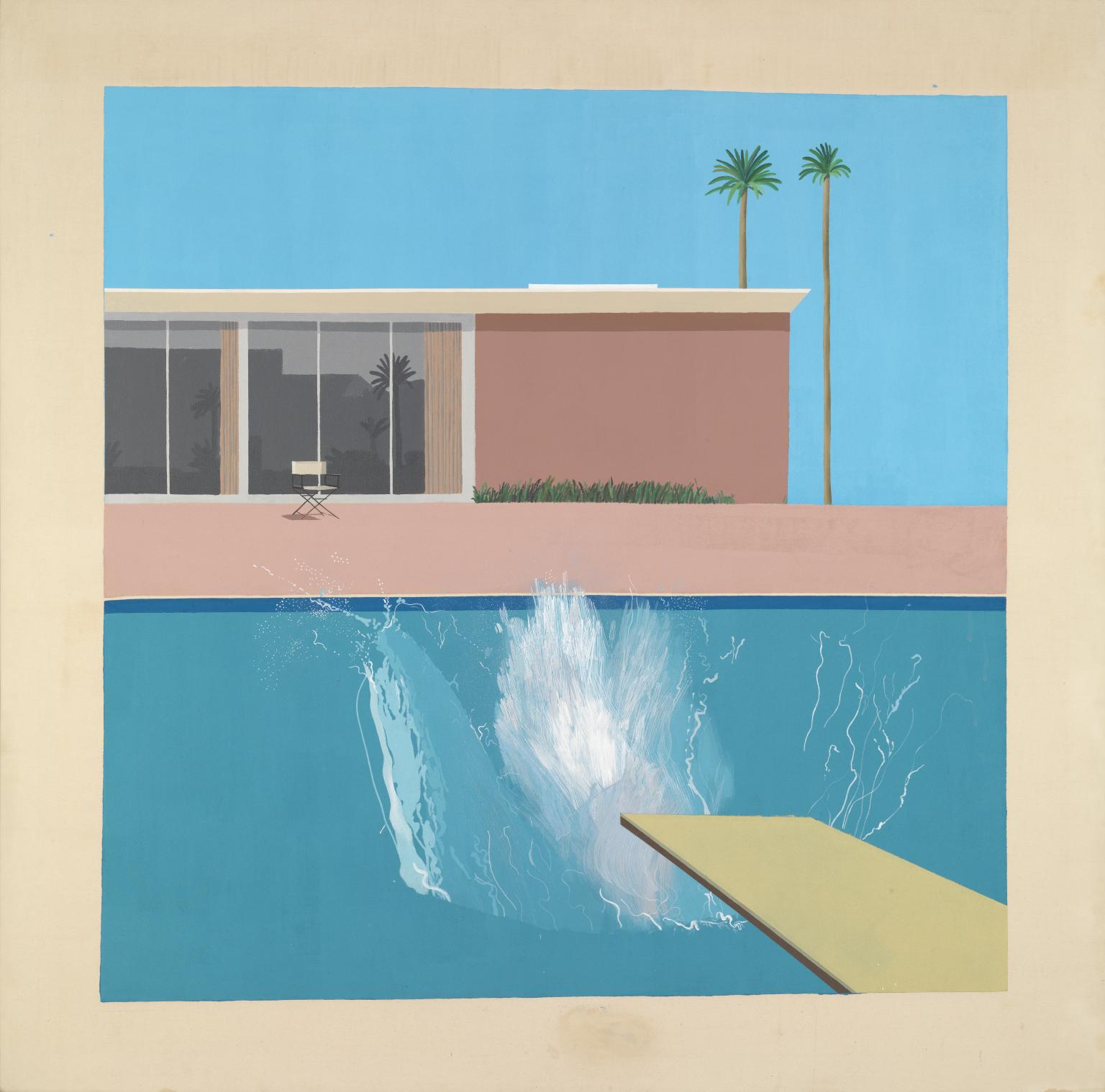
“Every day is a gift. It's just, does it have to be a pair of socks?” —Anthony Soprano
After nearly dying from a gunshot wound inflicted by his uncle, Tony Soprano discovered a new vibrancy to life. He was deeply moved by his wife, Carmela’s, watchfulness and care through his ordeal, and was overjoyed to have more time to spend with his daughter and son. But as his strength and health returned, Tony morosely quipped the line about socks when explaining to his therapist, Dr. Melfi, how his pursuit of other women was being strangled by his newfound gratefulness for Carmela.
In the first season of The Sopranos, I had hope for this complicated character. Tony was a murderous, blackhearted thug but he was also warmhearted and generous. I could not tell if his love for family would conquer his love for so many other things. But I thought something promising might be stirring when he became captivated by paintings. He assumed the one outside Melfi’s office was a “psychological picture” to trick him. Melfi asks, “What does that picture say to you?” Tony responds, “It says, ‘Hey asshole, we’re from Harvard, and what do you think of this spooky, drepressin’ barn and this rotted out tree we put here?’” Melfi helps Tony see that the painting is reflecting his turmoil over losing his good friend and mob boss, Jackie Aprile, to cancer. We know this by the way Tony shouts his favorite expletive at Melfi and slams her door as he leaves. Another painting that mystified Tony was in his cumare’s apartment. “What’s that paintin’ mean to you?” he asked Irina, scrutinizing it as he dressed. “Nothing,” she says through her Russian accent. “It just reminds me of David Hockey [sic].”
I think if Tony had pursued these shadows of that indefinable something that speaks to us—sometimes shakes us—from paintings and poems and literature, maybe he could have extracted himself from the gangster quagmire. Maybe that’s biting off more sfogliatella than we can chew.
But isn’t it true that art, in all its forms, is sometimes how God, the one who speaks through images and metaphor, draws our attention to him? Isn’t this a bounty that we, blackhearted as we are, really have no claim to? Why is there art in the first place? Why has it been saved throughout history? So much of the art we love would have been lost if not for the sometimes quixotic, sometimes manic rescue by those who felt called to preserve it. Van Gogh’s paintings rose to prominence after his death because his sister-in-law, Johanna Bonger, carefully sold and curated them; more than a thousand works of art that could have been destroyed in WWII were saved because Cornelius Gurlitt hid them and hermited himself with them in his Munich apartment for fifty years; Emily Dickinson’s family saved for us the 1,800 poems found in her room in tidy bundles after her death. Isn’t art a hint of God’s rescue? Just one example of the gracious unfairness he extends to us to point us to what lies beyond us, and within us?
I love how the ending of The Sopranos is left to our imaginations. I like to think that Tony began to accompany Carmella on her trips to museums, and engaged A.J. in the existential questions that were chasing him. I like to think his pursuit of questions and art woke him to this new sense of unfairness. Maybe it would have made a difference. Maybe he would have found that life’s gifts are far grander than socks.
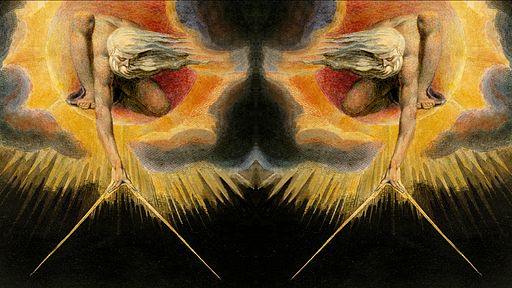 Sports have made me a superstitious person. Whenever
Sports have made me a superstitious person. Whenever  Though I am as dismayed as anyone by the current election year antics, I take comfort in remembering that bald-faced lunacy exercised in high places is nothing new. But I still have the sense that this election cycle is in a league of its own. Hopefully the bilious clouds of insanity swirling around us this fall will one day coagulate to something Americans can still recognize, once the whole thing is relegated to the history heap.
Though I am as dismayed as anyone by the current election year antics, I take comfort in remembering that bald-faced lunacy exercised in high places is nothing new. But I still have the sense that this election cycle is in a league of its own. Hopefully the bilious clouds of insanity swirling around us this fall will one day coagulate to something Americans can still recognize, once the whole thing is relegated to the history heap.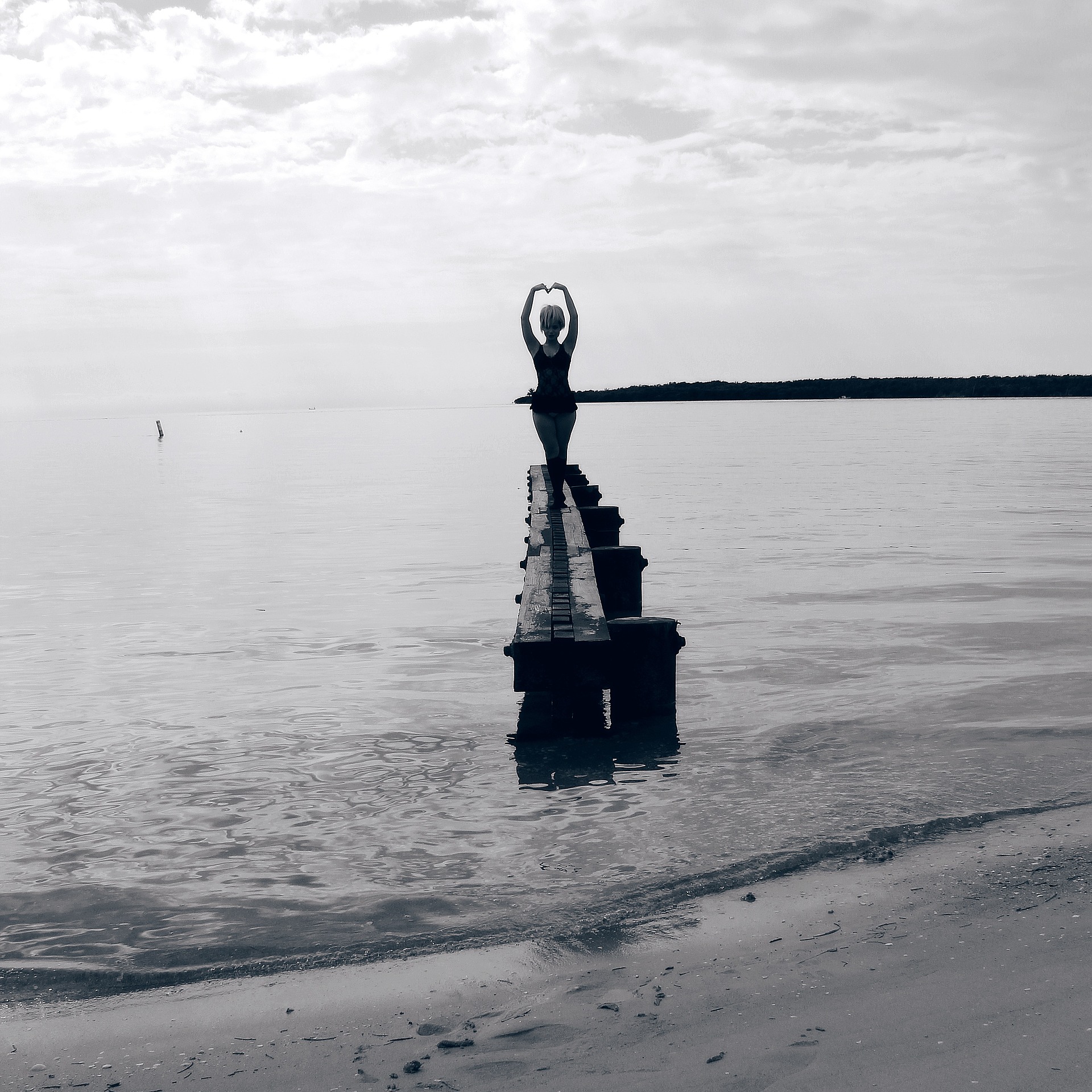 A big bank just released a campaign with the following line, “A ballerina yesterday. An engineer today. Let’s get them ready for tomorrow.” When I saw it, a chuckle snuck out before I could muster up the will to be outraged. And I should be outraged. I should be offended and threaten to pull my patronage, at least, that’s what the dancers that make up a bulk of my Facebook newsfeed tell me. This advertisement is just one more national campaign that invalidates the important contribution artists make to society and discourages young people from careers in the arts, or whatever.
A big bank just released a campaign with the following line, “A ballerina yesterday. An engineer today. Let’s get them ready for tomorrow.” When I saw it, a chuckle snuck out before I could muster up the will to be outraged. And I should be outraged. I should be offended and threaten to pull my patronage, at least, that’s what the dancers that make up a bulk of my Facebook newsfeed tell me. This advertisement is just one more national campaign that invalidates the important contribution artists make to society and discourages young people from careers in the arts, or whatever.
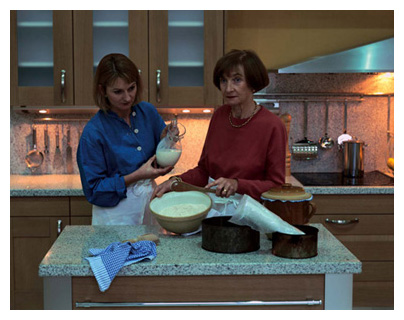
![By Colin Mutchler from Brooklyn, United States (Flickr) [CC BY 2.0 (http://creativecommons.org/licenses/by/2.0)], via Wikimedia Commons](http://static1.squarespace.com/static/5898e29c725e25e7132d5a5a/58aa11bc9656ca13c4524c68/58aa12239656ca13c4525ec7/1487540771442/Mlk_quote.jpg?format=original)
![By Thesupermat (Own work) [CC BY-SA 3.0 (http://creativecommons.org/licenses/by-sa/3.0)], via Wikimedia Commons](http://static1.squarespace.com/static/5898e29c725e25e7132d5a5a/58aa11bc9656ca13c4524c68/58aa12239656ca13c4525ec5/1487540771195/Pilate-Gesture.jpg?format=original) It’s so staged, so false, so politician of him. After a days-long drama of political wrangling over authority and jurisdiction that extends into the dream world of his wife, the man of power ends the debate with a gesture. Perhaps it’s his political signature: staged events to render judgments. Perhaps, backed into a corner, it’s only this time that he does it. Perhaps it’s simply functional, a way to communicate to those in the back of the crowd who can’t hear. Whatever the case, to put an end to the problem of Jesus of Nazareth, Pontius Pilate resorts to gesture: a subordinate appears on stage bearing a bowl and a towel; the man washes his hands, dries them, leaves the stage.
It’s so staged, so false, so politician of him. After a days-long drama of political wrangling over authority and jurisdiction that extends into the dream world of his wife, the man of power ends the debate with a gesture. Perhaps it’s his political signature: staged events to render judgments. Perhaps, backed into a corner, it’s only this time that he does it. Perhaps it’s simply functional, a way to communicate to those in the back of the crowd who can’t hear. Whatever the case, to put an end to the problem of Jesus of Nazareth, Pontius Pilate resorts to gesture: a subordinate appears on stage bearing a bowl and a towel; the man washes his hands, dries them, leaves the stage.

 “Stick to the daily learning targets. Do not get off track.” This is one of my administrators, the one that meets with me once a week to go over my lesson plans. Daily Learning Targets are like Bible Memory Work: we are to write these words on our hearts and minds. Do not stray from these words. And it’s not that I stray, but if I were to claim a characteristic of my teaching it’s that when I begin to study and discuss a story, I tend to walk my students down a path that we didn’t know we were going to walk down.
“Stick to the daily learning targets. Do not get off track.” This is one of my administrators, the one that meets with me once a week to go over my lesson plans. Daily Learning Targets are like Bible Memory Work: we are to write these words on our hearts and minds. Do not stray from these words. And it’s not that I stray, but if I were to claim a characteristic of my teaching it’s that when I begin to study and discuss a story, I tend to walk my students down a path that we didn’t know we were going to walk down. 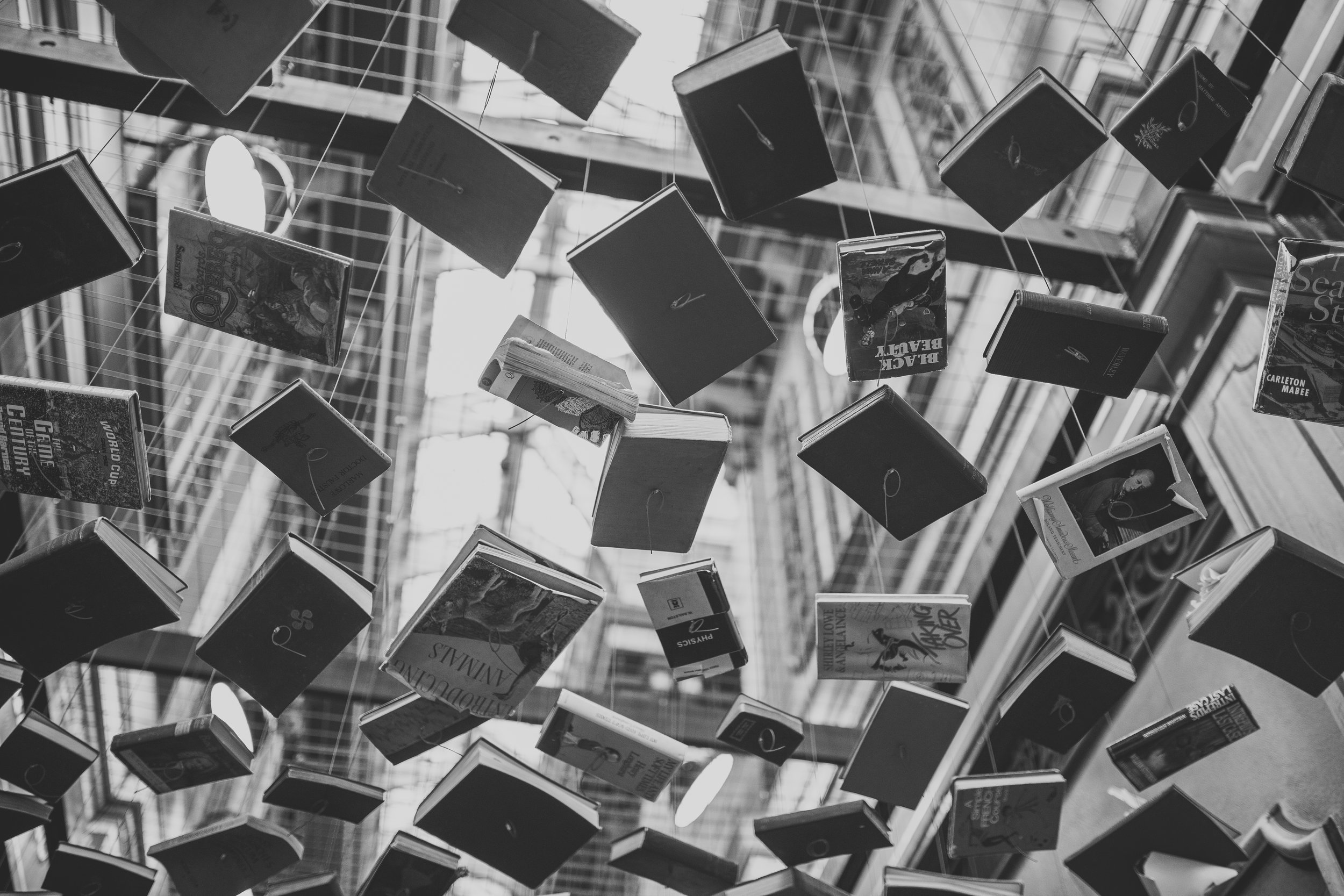 Four of the five years I spent selling myself to creative writing programs, I used this gem in my personal statement:
Four of the five years I spent selling myself to creative writing programs, I used this gem in my personal statement:  Nothing Gold Can Stay
Nothing Gold Can Stay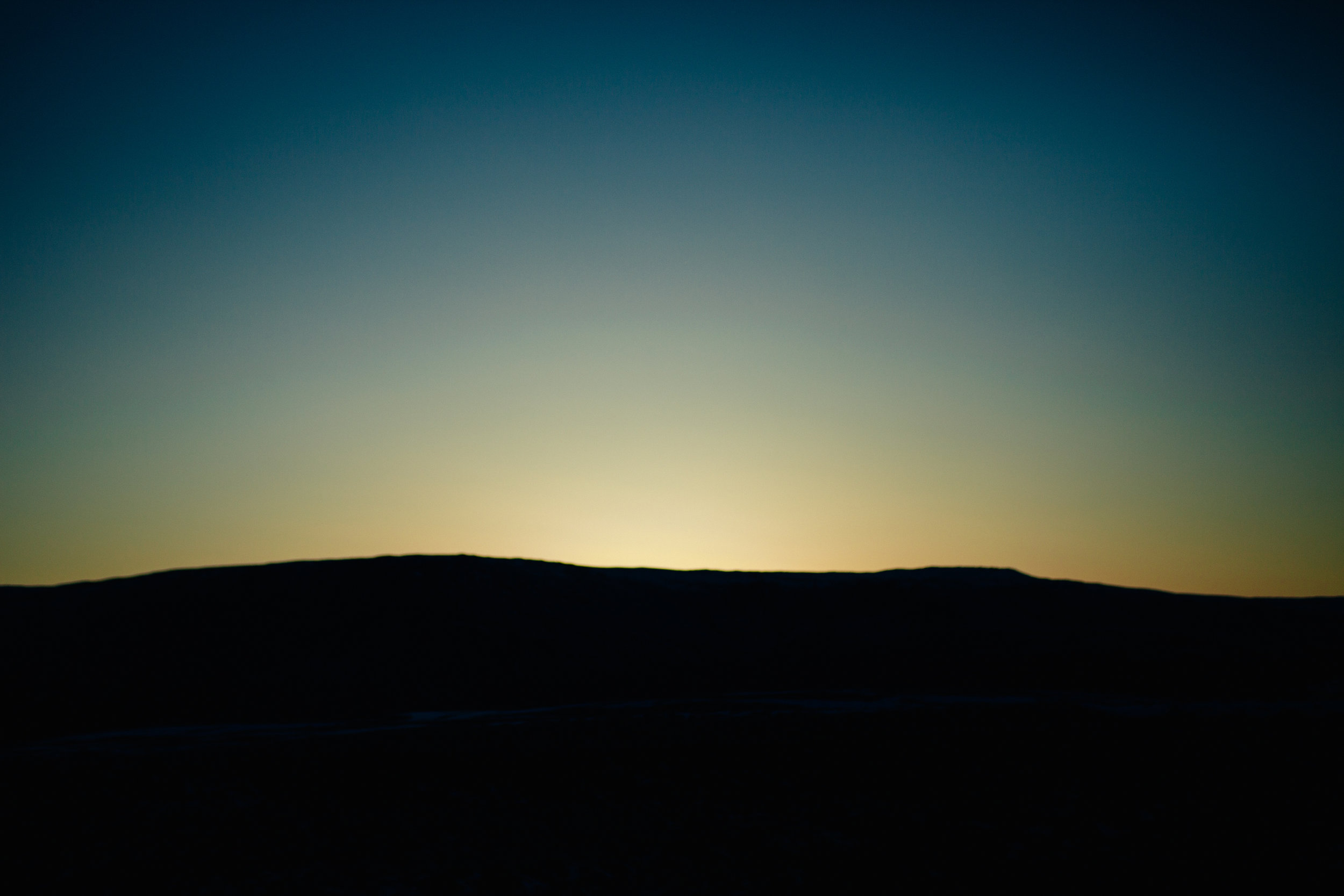 The sun is snuggled still sleeping behind the mountains. He pulls their snowy peaks over his head and indulges in another hour of sleep. Not me, though. I’m awake. I’m out in public. I am caffeinated and somewhat functional. I am not necessarily in a bad mood. It's just a morning one. I am working the opening shift at the cafe. The sky is still dark.
The sun is snuggled still sleeping behind the mountains. He pulls their snowy peaks over his head and indulges in another hour of sleep. Not me, though. I’m awake. I’m out in public. I am caffeinated and somewhat functional. I am not necessarily in a bad mood. It's just a morning one. I am working the opening shift at the cafe. The sky is still dark.
 Read
Read 
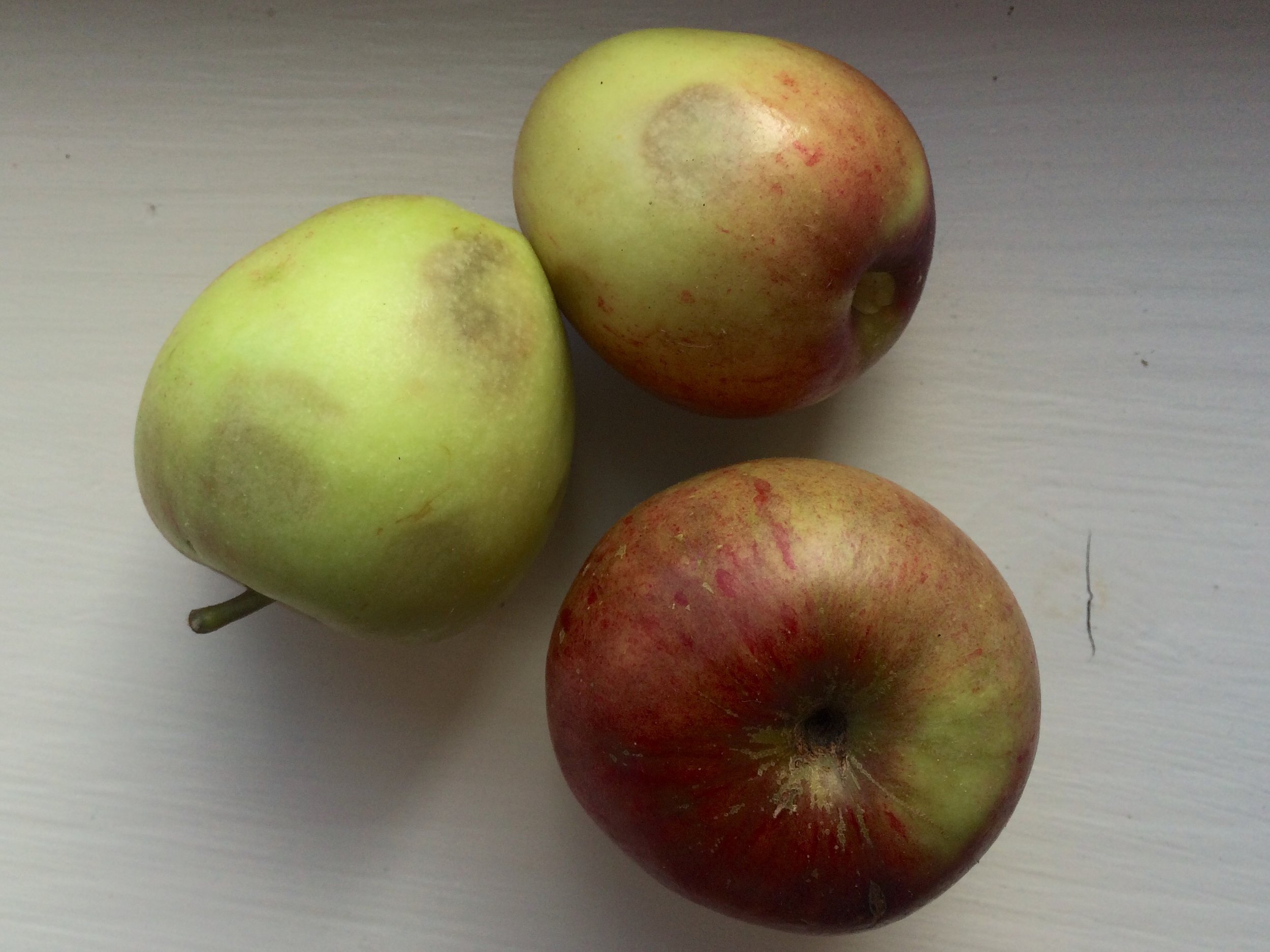 Where does the voice of a prayer come from? What swirling mass of the soul congeals to form syllables, words, utterances—spoken, or not, into a place we trust is more than us?
Where does the voice of a prayer come from? What swirling mass of the soul congeals to form syllables, words, utterances—spoken, or not, into a place we trust is more than us?

